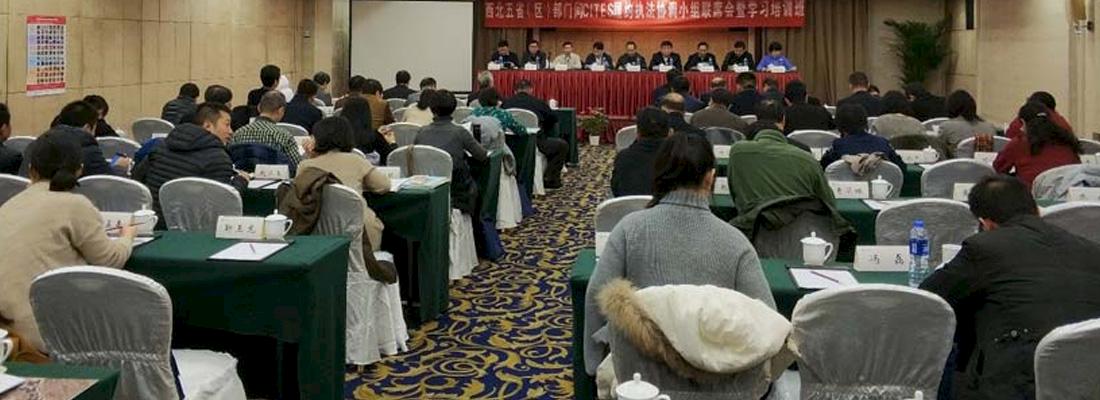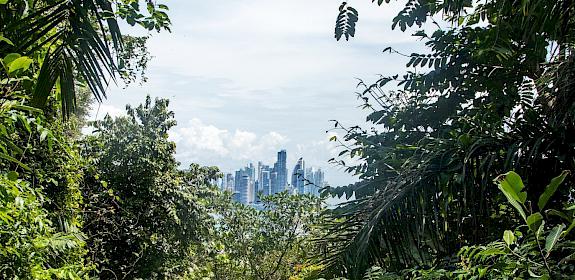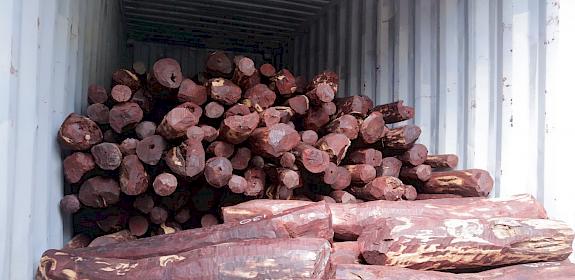TRAFFIC helps organize training workshop for enforcement officers in northwest China
Xi’an, China, December 2017—More than 70 enforcement officials from the provinces of Shanxi, Qinghai, Gansu, Ningxia, and Xinjiang, recently attended a Northwest China CITES [1] enforcement training workshop, which was co-organized by TRAFFIC and the Xi’an Branch of the China CITES Management Authority.
Participants participated from the Forest Police, Customs, Administration for Industry and Commerce, Inspection and Quarantine Bureau, Forest Administration Department and Fishery Administration Department, as well as from local police departments.
Experts speakers included representatives from the China General Customs; China Forest Police Bureau, State Administration for Industry & Commerce; the Management Training College of the State Forestry Administration and TRAFFIC.
Major topics were discussed, including the latest decisions of the 69th Standing Committee (SC69) of CITES, Wild Animal Protection Laws in China and the identification of wild animal products.
Customs and Forest police also discussed their achievements in combatting wildlife crime, and introduced the future work plan for further success in this area. TRAFFIC presented the current status of illegal wildlife trade in China, and called for enforcement departments to pay high attention to wildlife crime, both online and within logistics channels.
"Based on recent investigations and enforcement actions, online illegal wildlife trade is the main form of wildlife crime now,” said Geng Yongping, Deputy Director of the Criminal Investigation Department of the National Forest Police Bureau. ”All forest police should focus on, and detect more, online illegal wildlife crimes cases.”
Northwest China roughly makes up 32% of China’s total territorial area. In the past, it was the main source of illegal wildlife products. Currently, a lot of illegal wildlife products, such as ivory and pangolin scales, are transported to this area to be sold. TRAFFIC is willing to support local governments to combat this illegal trade.
Zhou Fei, Head of TRAFFIC’s China OfficeDuring the training, an awareness event was held in Xi’an International Airport on wildlife conservation and refusing illegal wildlife. TRAFFIC provided information for videos and posters which were displayed on the large TV screen and wall of the airport immigration corridor. A special cabinet was set up in the corridor too, filled with common illegal wildlife products.
TRAFFIC also supported the Xi’an Branch of the China CITES Management Authority to release this information to the public through different channels, including subway stations, train stations and roadside billboards, potentially to reach and influence millions of people on a daily basis.
Notes:
The workshop and campaign were supported by WWF-UK and WWF-US.
[1] CITES is the Convention on International Trade in Endangered Species of Wild Fauna and Flora.
About CITES

CITES, the Convention on the International Trade of Endangered Species of Wild Fauna and Flora, is an international agreement between governments that aims to ensure that international trade in specimens of wild animals and plants does not threaten their survival. Find out more here.




